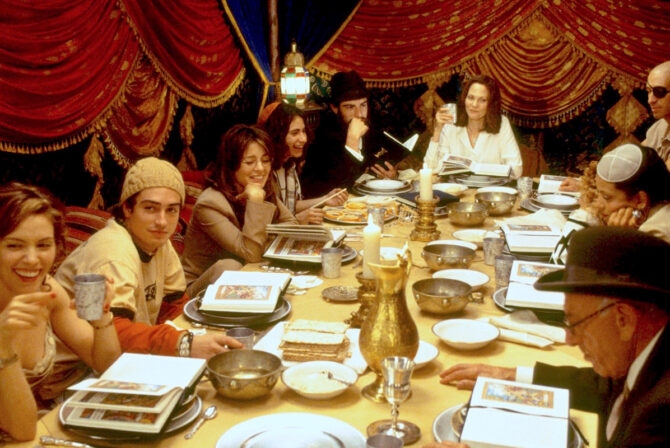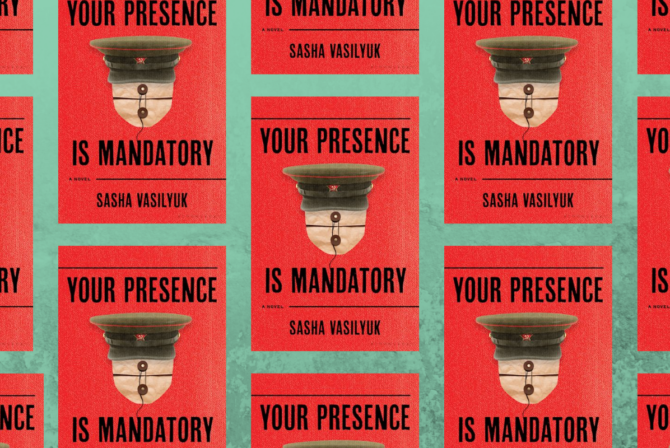My family always asks me what Jews believe about the afterlife. My family is Mormon but my husband’s family is Jewish—they belong to a Reform synagogue—and my father-in-law is slowly dying. So whenever my family members ask me how my mother-in-law is doing and I give them the update—that she’s coping but still sad—they always shake their heads and say, “How does she do it without a belief in the afterlife?”
This is incredible to them. Mormons spend a lot of time thinking about the afterlife. For example, even though my uncle died tragically, before I was born, he was still very much a presence in my extended family. So much so, that when I was little and I would say my nightly prayer, sometimes I would ask God to put him on the line. Then I would say, “Hello, Uncle Rich. How are you?” and I would tell him things that I thought he might want to know about my grandma, my cousins, etc… (I kept it upbeat, so he wouldn’t feel bad about cutting out early). At my grandparents’ funerals we sang “God Be With You ‘Till We Meet Again,” and I meant it. To Mormons, the idea of an afterlife is the only antidote to the sting of death.
Even though I spend a lot of time trying to build my faith in church and out, it falls short with my father-in-law. He is dying from dementia, which means a slow, shuffling death. Confronted with this long, uncomfortable goodbye, I find myself wondering where he is. Has he already joined Uncle Rich? Or is he still here with us? When your brain goes, where is your soul? How can a person be immortal, if we unravel so easily with our neurons? How can I believe in an ethereal afterlife when death is so tangible?
Dementia is a hideous disease. It steals your loved one away and shows you an ugliness in yourself as you deal with the shell of the person left behind. To overcome this ugliness, I hope that I will see my father-in-law again, wholly himself. Then if I do see him again, I know I will be able to look him in the eye and feel proud of the way I treated him, the way I taught my children to treat him. Yet, this isn’t always enough.
And this motivation to be kind now, feels selfish, less noble, than my mother-in-law’s. She is an agnostic who is motivated to be kind to her husband because she loves him, because they built a life together. I once read, scrawled on the inside of a bathroom stall, “There’s nothing as touching as the kindness of an atheist” and have felt my faith a bit deflated ever since. Is my kindness always self-serving?
While he is gone, my mother-in-law is here and in need of lots of kindness. But knowing the best way to support her is hard because the one thing that tenuously sustains me, my faith, I can’t offer to her. But I so want to offer something.
In the past, our relationship has bridged many differences: the difference between being raised in a high-rise on Coney Island, and being raised on a farm in Idaho; the difference between pastrami and Jello salads; the difference between kissing boo-boos and “walking it off.” But this difference between us—a belief about the afterlife versus a lack thereof— feels harder to bridge and much, much more important.
So I’ve stopped thinking about the unknowable future we don’t share and think about the earthly concerns we have here. There are plenty. She needs a meal, she needs to laugh, she needs hugs. And I need her. I need her cheerleading, her eagerness to help, and the infectious delight she takes in my children.
More than anything, I want to be a good daughter—to the parents I was lucky enough to be born to, and to the parents I chose by marriage. And even though my mother-in-law and I don’t share a faith, we do share a family, and no matter the past, present, or future, we want to hold on to that.
Like this post? Get the best of Kveller delivered straight to your inbox.







